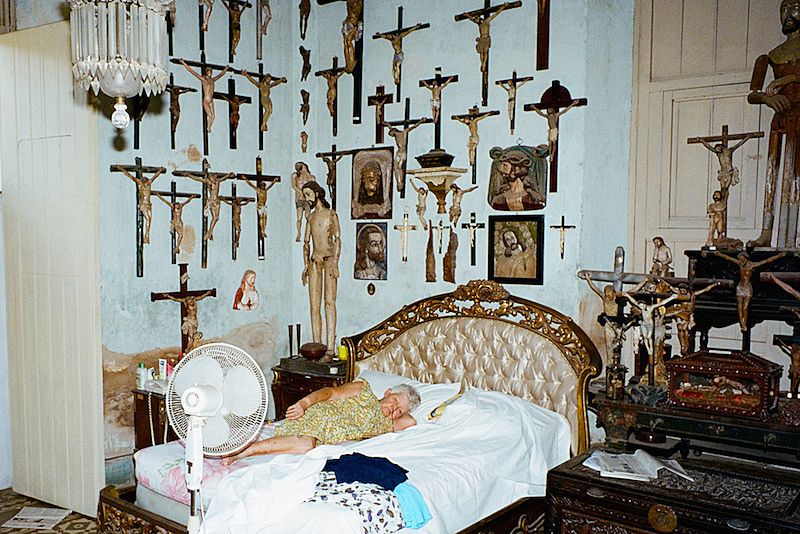Why You Shouldn't Ever Review Good Stand-up
Is reviewing a great stand-up comedy gig the most pointless way to spend an evening? Rosabel Tan finds out.
1.
Stand-up comedians make themselves more vulnerable than any other artist. When they're on that stage, they're offering themselves - their beliefs, their experiences and their understanding of the world - and they're doing it with the tacit and frankly terrifying understanding that you're there for the singular reason of being entertained by their intelligence, their values, their absurdity and their wit. For a full hour. Sometimes more.
2.
It is only a maniac who wants to be a stand-up comedian.
3.
It’s rarely advisable to review a maniac, unless you are a maniac yourself.
See also: political journalism.
4.
Critiquing a stand-up show doesn't simply mean passing judgement on someone's ability to make you laugh. It means passing judgement on who they are as a person. In any other kind of performance, whether it's film or theatre or literature or dance, you can talk about craftsmanship and emotional response in terms of the artist's ability to create another world and to transport and transform you from a distance. You're also occupying a realm that's richer in possibility. No other artform dictates the same narrow expectation about what the outcome of a work should be more than comedy.
Stand-up – in its purest form, without props or music or tricks – requires you to critique the person. There are other elements you can mention, but this forms the core, and this is why positive reviews are hard. It’s easy to convincingly explain why you might disagree with somebody’s set: they’re unapologetically misogynistic, or they’re unsympathetic to human suffering, or they’re thoughtless or self-obsessed. We can pinpoint those differences with relative ease. It's harder to explain why you might like something because the kinds of adjectives you'd typically fall back on (e.g. clever but not patronising, self-deprecating, silly) only tell you that it was inoffensive. They fail to accurately communicate or review the comedy itself, partially because we haven't developed the same vocabulary for it yet.
5.
How you might write a comedy review:
You might talk accurately but redundantly about craft. You can describe somebody's ability to shape a set by seamlessly linking disparate threads together, or you can mention their impeccable comic timing. You can sullenly wonder if the words ‘impeccable comic timing’ ever truly prompted a person to see a show or appreciate it on a new level, and feel miserable with the fact that you are spending your night alone, cold, and writing weird phrases like these.
You might describe the comedian's personality in an attempt to capture the feel of their show. This involves offering meaningless adjectives about their comedic personality: whimsical, goofy, wry. You might also delve into a selection of physical characteristics that communicate this too: tall, wearing a cardigan, glasses.
You can also talk broadly about content, while recognising that this will be accompanied by the following implicit disclaimer: I know this reads like the same list of topics on the press release, but it's not. I was there, it was very funny, and here's a quote to prove it. Yes, I'm the asshole ruining the joke and I'm not even telling it properly. I guess you had to be there.
You could also try to dissect the humour and explain why you found it funny, but doing this is like trying to explain why a magic trick seems magical. It feels smart if you’re the writer. It ruins the trick if you’re the reader. The best stand-up illuminates some truth about life, often in an unexpected way, and to discuss how they did this undermines the work entirely.
6.
Stand-up is the most subjective artform there is. There aren't thirteen ways of looking at a stand-up comic. There's only one: funny or not funny. The best way to decide whether to see a show is to preview their work online, or to be recommended their show by someone who knows what you like.
7.
Nobody reads comedy reviews.
8.
This is untrue. Comedians read comedy reviews.
*
Here are our recommendations from week one of
The NZ International Comedy Festival:
James Acaster (tickets here)
Rose Matafeo (tickets here)
Sam Simmons
Nic Sampson (tickets here)
Snort with Friends (tickets here)

